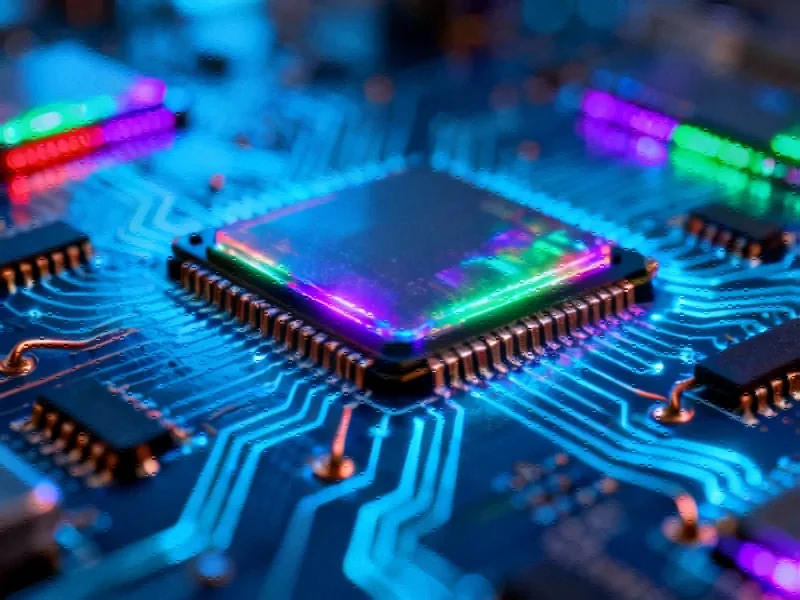Breakthrough in 11-Bit Memory Technology Paves Way for Advanced Computing
Scientists have developed 11-bit two-dimensional floating-gate memories that surpass most existing technologies. The breakthrough demonstrates remarkable stability, speed, and reproducibility that could transform next-generation computing systems.
Revolutionary Memory Technology Achieves Unprecedented Storage Density
Researchers have reportedly developed a groundbreaking 11-bit memory technology using two-dimensional materials that could significantly advance neuromorphic computing hardware, according to a recent publication in Nature Communications. The innovative floating-gate memories (FGMs) based on molybdenum disulfide (MoS₂) channels demonstrate exceptional performance characteristics that surpass threshold voltage requirements for next-generation applications.









